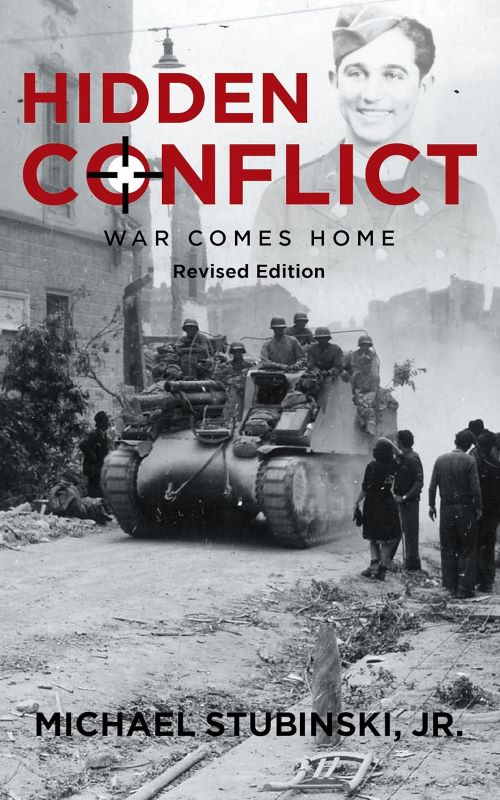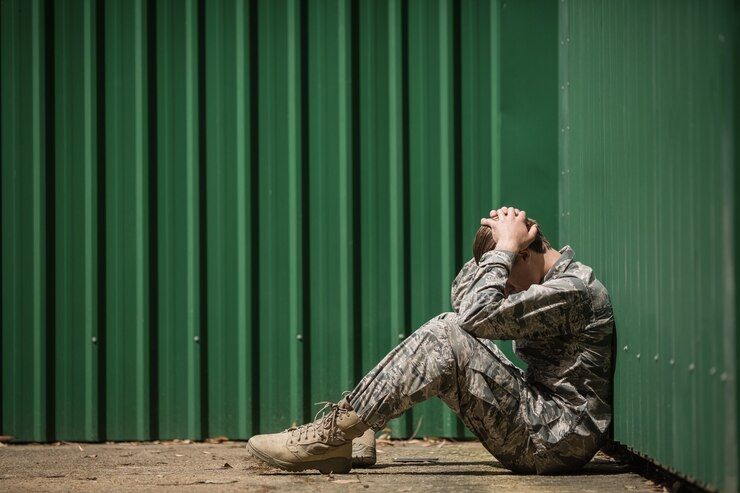Have you ever wondered what happens to emotions that are never expressed? For many war-era men, silence was a survival tool, but over time, it became a prison. Showing emotion was a weakness. Talking about trauma was taboo. The result? A lifetime of buried suffering that shaped not just veterans, but everyone who loved them.
This isn’t just about war stories never told, it’s about the silent casualties of emotional repression. The marriages that grew cold. The children who never felt truly known by their fathers. The men who lived with ghosts they couldn’t name.
Let’s break the silence together.
The Burden of Suppressed Trauma
Veterans and war-era men were taught to be strong, to provide, and to never show weakness. Talking about feelings was seen as a luxury they couldn’t afford. But emotional repression doesn’t erase pain, it buries it deep, where it festers.
The Cost on Mental and Physical Health
Bottled-up emotions don’t disappear. Many men from war generations suffered from depression, anxiety, and PTSD, often without recognizing it. Some turned to alcohol, others lashed out, and some simply shut down. This emotional isolation often led to high blood pressure, heart disease, and even early death.
The Impact on Families
If you grew up with a father or grandfather who never talked about the war, you likely felt the distance. Many children of war-era men struggled to connect with their fathers, sensing an emotional wall they couldn’t break through. This repression didn’t just affect them, it rippled through generations.
The Body Keeps Score (Even When the Mind Tries to Forget)
Repressed emotions don’t vanish, they migrate:
- Into the shoulders that always seem tense
- Into the stomach that can’t digest properly
- Into the heart that beats too fast for no reason
Many older veterans now face health crises that might have been avoided if their pain had found words decades earlier.
Breaking the Cycle of Silence
Recognizing emotional repression is the first step to healing. If you or someone you love has been shaped by a legacy of silence, know that talking about emotions isn’t weakness, it’s survival. Therapy, journaling, or even open conversations can help release the weight of decades-old pain.

Conclusion: Your Pain Deserves Witnesses
To every silent veteran, every child of silence, every partner who stood by quietly: Your story matters. The tears you weren’t allowed to shed matter. The words you couldn’t say matter.
It’s not too late to rewrite the rules. The strongest thing you can do today? Let someone in.
If you are looking for a story that shows how ‘Toughing It Out’ breaks you, then Hidden Conflict: War Comes Home by Michael Stubinski Jr. is a great choice. In this book, readers meet a man wrestling with these exact tensions. His journey mirrors real veterans’ battles, not just with war memories, but with the lifelong challenge of allowing himself to feel. Like many war-era men, Mike must learn that true strength includes opening up.
Ready to explore this journey further? Order Hidden Conflict: War Comes Home and discover a story that honors both the silence and the strength to break it.



